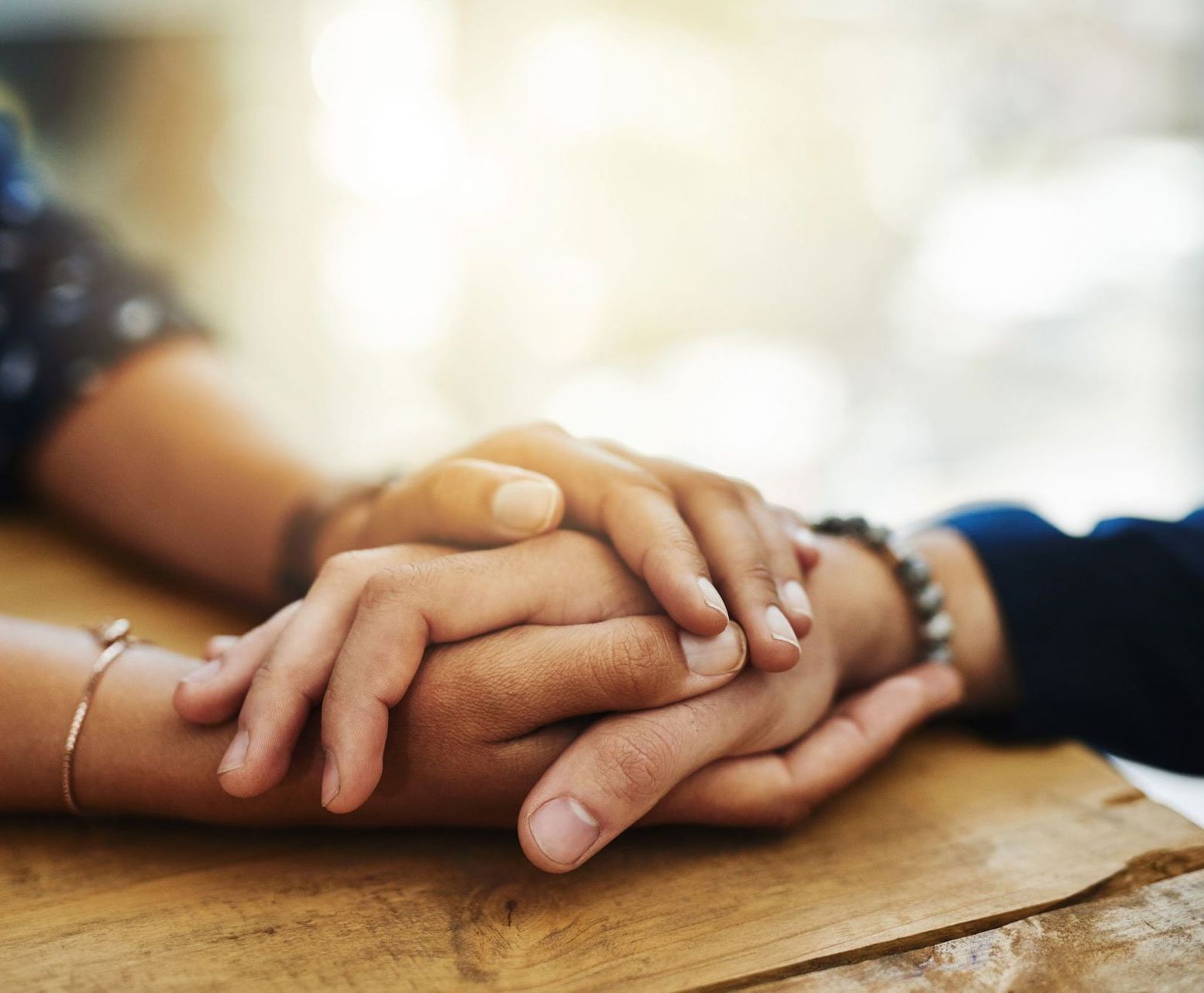How to Personalize Funeral
How to Personalize a Funeral
Ways to Personalize a Funeral
Personalizing a funeral is an important part of the grieving process. It not only honors the individuality of the deceased but also brings family and friends closer together in remembrance of that loved one. Every life is unique, and every funeral should reflect that uniqueness.
It can be difficult to think of personal touches while planning a service, but a funeral director can help guide you. Some meaningful ideas include:
- Playing music that was special to your loved one
- Creating video tributes or memory boards with photos
- Supporting charities that were close to their heart
- Choosing a celebrant or speaker who knew them personally
Using different senses can make memories even more powerful:
- Sight: Flowers that held meaning to your loved one can evoke strong memories. For example, my sister always loved gardenias, so her funeral included a beautiful bouquet of them. My aunt loved pink roses, which still remind me of her warmth.
- Touch: Displaying items that were dear to them such as military medals, a favorite blanket, jacket, or keepsake can spark comforting memories.
- Hearing: Listening to stories from friends and family often reveals parts of your loved one’s life you may not have known. These shared memories add richness to the service.
- Taste: Serving favorite foods can also be a touching tribute. Did they enjoy coffee and a donut every morning? Were they known for loving a certain candy or cookie? Including these small details in the funeral meal or reception can feel incredibly meaningful.
A personalized funeral creates a lasting tribute, helping us celebrate the life lived while offering comfort through cherished memories.





